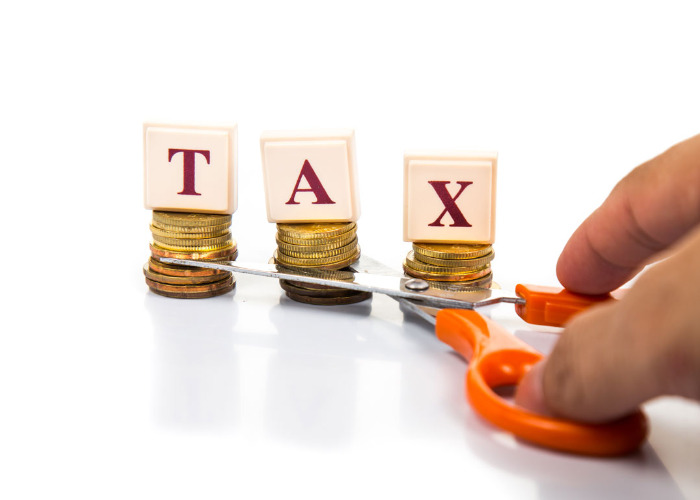Discount Tax refund: investors owed £15 million

Investors can look forward to a £15 million refund from HMRC after Hargreaves Lansdown won a legal challenge over the ‘Discount Tax’.
Investors could be owed a £15 million tax refund following a recent court ruling.
The five-year case was brought forward by investment firm Hargreaves Lansdown after it disputed the tax status of certain payments made to customers.
Here's a quick rundown of what happened, and what it might mean for you.
Compare investment options with LoveMONEY (capital at risk)
A long-running dispute
Around fifteen years ago, investment firm Hargreaves started offering loyalty bonuses to customers in order to reduce the cost of investing. These bonuses are paid as a rebate on annual charges.
At the time HMRC assured the firm that, as a refund of charges, these rebates were not subject to tax.
However, back in 2013, the taxman backtracked, announcing that rebates of annual charges paid on investments held outside of ISAs or SIPPs should be taxed as income and paid net of Basic Rate tax.
“We saw the ‘Discount Tax’, which HMRC introduced as an unwarranted attack on private investors, so we launched a legal challenge,” says Chris Hill, chief executive of Hargreaves Lansdown.
“I am delighted that the tax tribunal has supported our view.”
What happens now?
The ruling means the tax that has been taken since 2013 should be returned to investors.
This won’t just affect Hargreaves Lansdown customers – many other investment firms offer rebates of one form or another that have been subject to this tax.
Since 2013 a 20% provision for the discount tax has been deducted by Hargreaves Lansdown and split with part held by HMRC and part held by Hargreaves Lansdown.
This was done to avoid any “large and unexpected tax bills for clients in the future if our legal challenge proved unsuccessful,” says the firm.
As well as a refund, investors should also find their tax affairs have been simplified as they will no longer have to declare their loyalty bonus on their tax returns.
However, HMRC has two months to lodge an appeal against the ruling, “so the champagne is on ice for now,” says Hill. Hargreaves Lansdown and HMRC will continue to hold the money that was taken until it is known if HMRC is going to appeal.
What do I need to do?
If you have been affected by the discount tax you don’t need to do anything right now. Hargreaves Lansdown has said that, if HMRC choose not to appeal, it will stop deducting the 20% and will work to return the money to clients.
Once the case is concluded – if the taxman doesn’t appeal – then anyone who included their loyalty bonus on their tax returns should go back and amend those returns and seek a refund from HMRC of any higher rate tax that has already been paid on the bonuses.
If HMRC does appeal, then Hargreaves Lansdown will continue to take the discount tax and will write to clients to inform them of the situation.
If you invest with another firm and have been subject to the discount tax, then you should speak with your own investment firm to find out what action they are taking.
Comments
Be the first to comment
Do you want to comment on this article? You need to be signed in for this feature